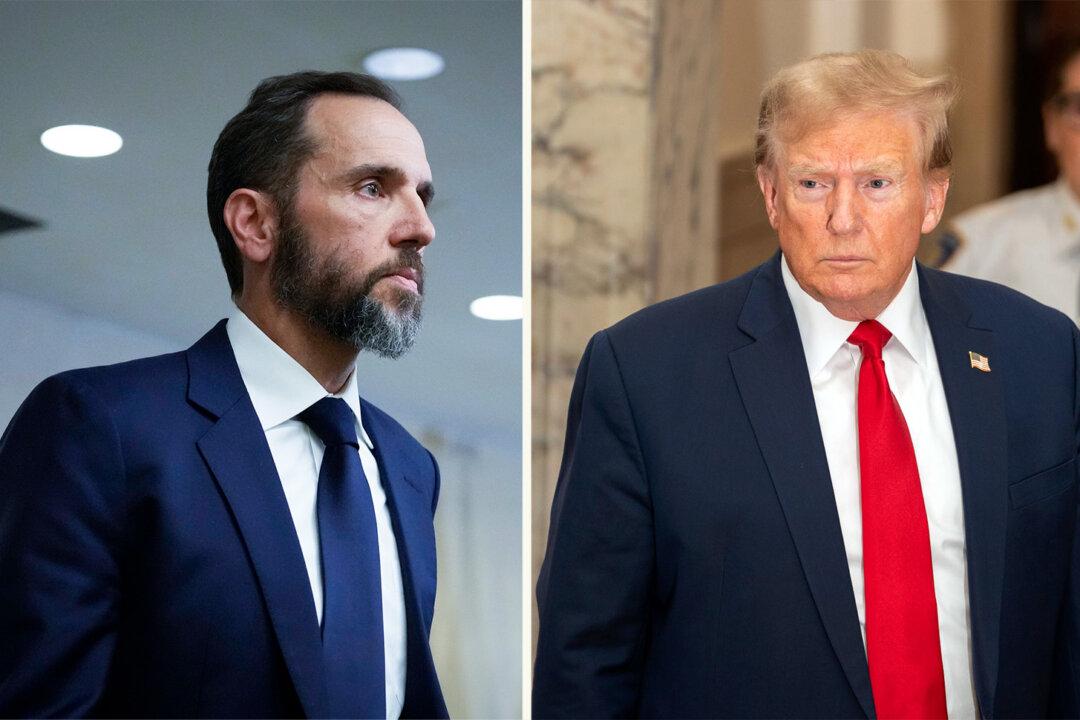The U.S. Supreme Court on Monday ordered former President Donald Trump to file a response to special counsel Jack Smith’s petition for an immediate ruling on the defense’s appeal to argue presidential immunity in the federal election case.
“Petitioner’s motion to expedite consideration of the petition for a writ of certiorari before judgment is granted,” reads the order. President Trump has until Dec. 20 to respond.





